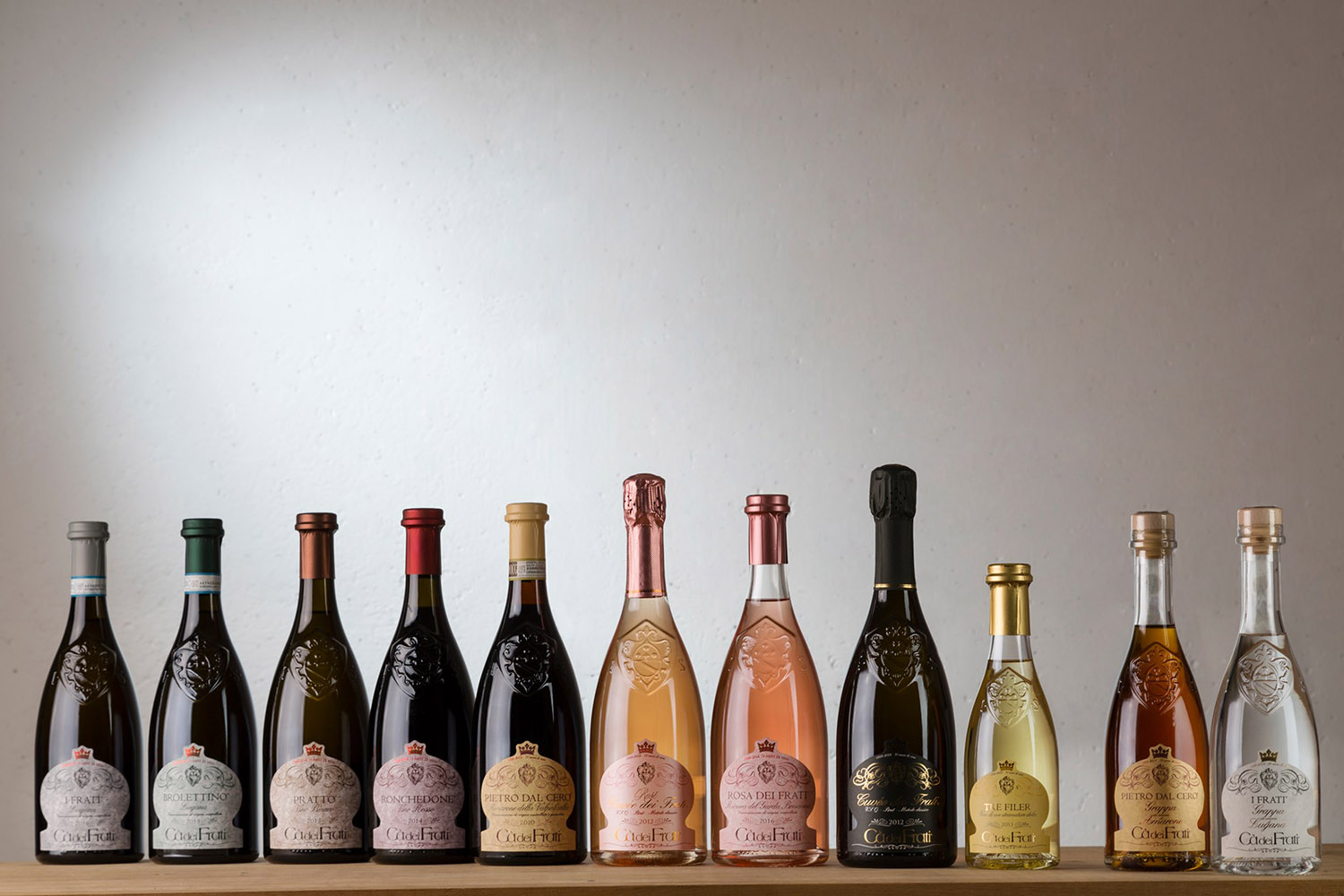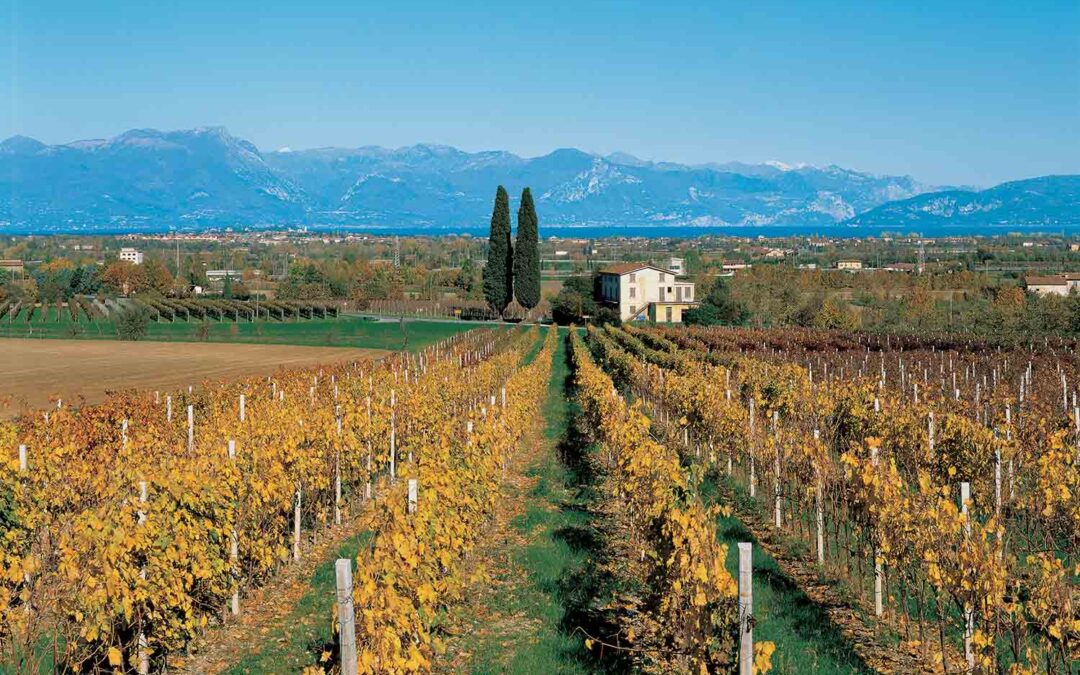Ca’ Dei Frati
Italy | Lombardy, Lugana
Ca’ dei Frati winery is one of the most important wineries in the surrounding areas of Lake Garda, accounting for 10 percent of the Lugana DOC. The winery was born from the passion of Dal Cero family, and was founded in 1939 when patriarch Felice Dal Cero settled in Sirmione (Brescia province) on the Lombardy region side of the Lugana appellation. Back in 1987, they had 12 hectares of vineyard but now, following the expansion of a large area of prime vineyard sites in 2008, they now own over 200 hectares. Today they have established themselves as one of the best producers in Lugana.
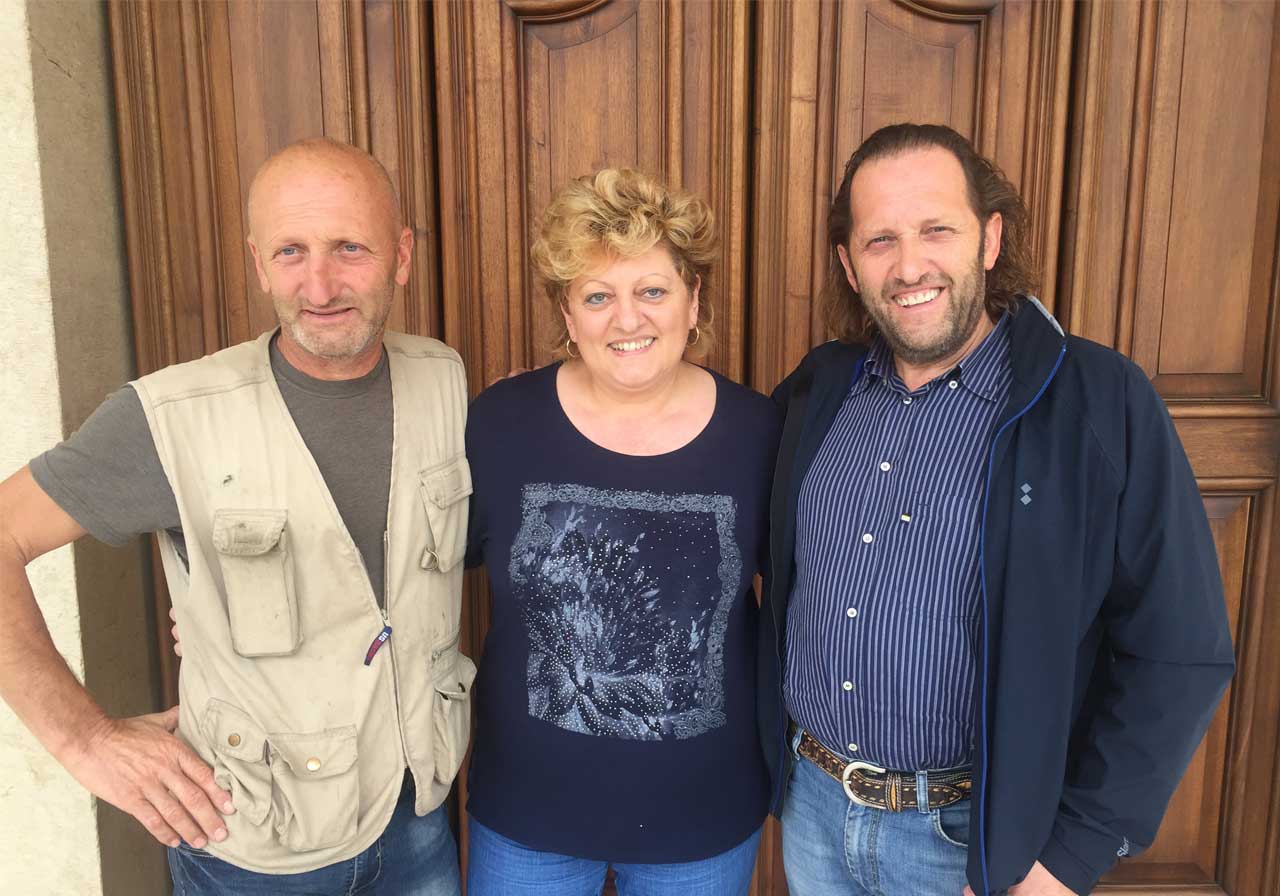
A Look Back in Time
While Ca’ Dei Frati was founded in 1939, the roots of the winery actually trace back to 1782, where the land was once owned by monks who grew grapes there. Hence the name Ca’ Dei Frati, which literally translates to Friar House.
Felice Dal Cero, son of Domenico, formerly a winegrower in Montecchia di Crosara near Verona, moved to that very house in Lugana di Sirmione, immediately realising the area’s potential for vine cultivation. After thirty years working in the vineyard and the cellar, his son Pietro took part in the creation of the DOC in 1969, bottling his first wine with the label Lugana Casa dei Frati, later named Ca’ dei Frati. In 2012, Pietro Dal Cero passed away, leaving the cultural legacy to his wife Santa Rosa and children Igino, Gian Franco and Anna Maria, who run the winery with the same passion, determination and tradition.
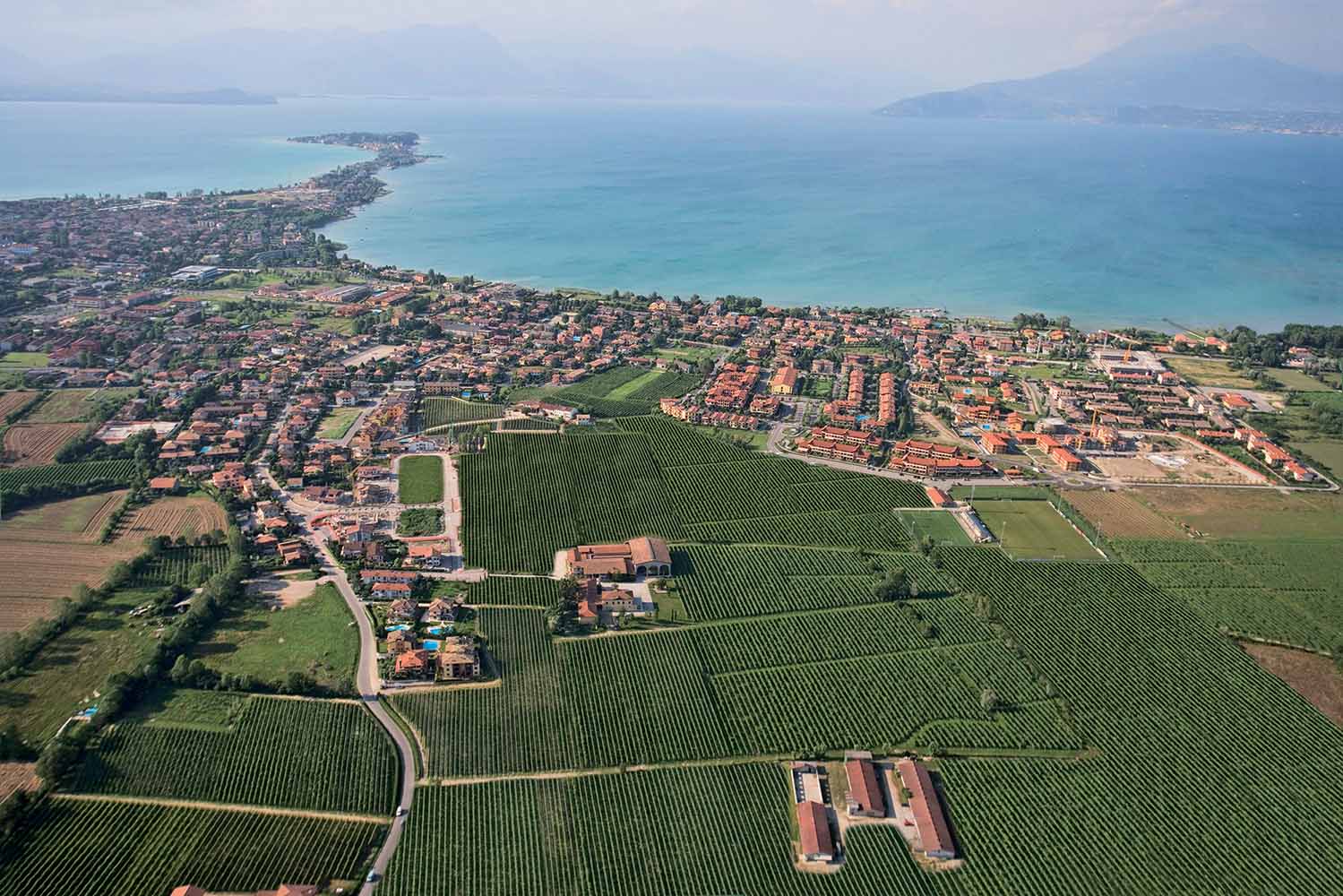
The Influence of Lake Garda
The largest lake in Italy, Lago di Garda (Lake Garda) is situated between Venezia and Milano, on the edge of the Dolomites. The majestic lake is not just known for its crystal clear waters and touristy sights. It was created during the Eocene era, some 35 million years ago, by a melting glacier. As the melting ice flowed south from what we now call the Italian Alps, it also brought with its glacial detritus. Today, these rocky and pebbly “morainic” soils are ideal for the production of fabulous wines. Because the roots of the vines have to work harder to find the water table in the well-drained soils, their fruit production becomes more vigorous. As a result, the grape berries are richer in aroma and flavour, with more complexity and depth.
Furthermore, the lake breezes of Lake Garda, which descend from the mountains, cool and dry the fertile soils of surrounding vineyards, creating an optimal microclimate for wine production.
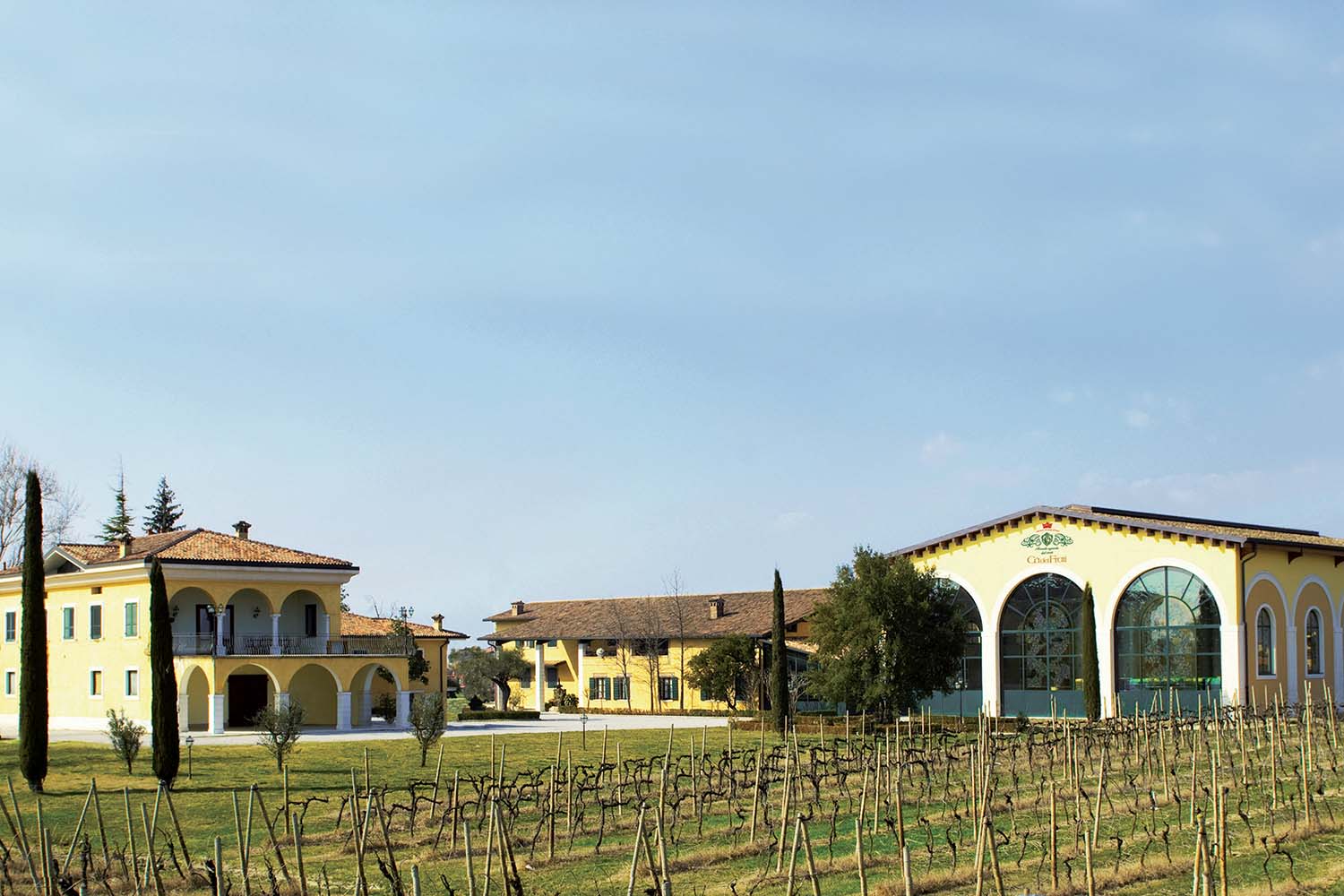
Within the Walls of the Monastery
The quality of the wines is attributable directly to the Dal Cero family’s obsession with detail. All their fruit is picked by hand and ensured to have no skin contact to allow for the retention of delicate perfumes and to enhance the supple texture of their wines. The grapes of every vineyard are vinified separately in order to gather a clearer vision of the expressions of their “terroir”.
4th generation winemaker, Igino Dal Cero has changed his mind on malolactic fermentation and now inhibits it in order to give the wine the lift he feels it benefits from. He is now convinced that a period of ageing on lees post fermentation gives greater richness on the palate as well as the wonderful flintiness on the nose that makes his wine so Burgundian in character.
